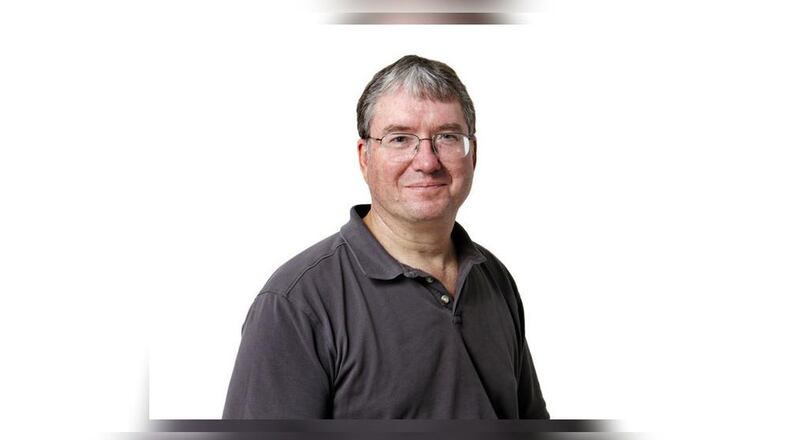And that’s for reasons both practical and ethical.
Without protective masks, they can’t safely do their work. They’re likely to catch the coronavirus from patients and spread it to one another and to patients they’d treat.
Infected doctors, nurses, nurse aids, phlebotomists, housekeepers and all other staff would have to go home to self-isolate, which would isolate them from everyone who needs their care.
MORE FROM TOM STAFFORD: Relieve coronavirus stress by following the advice of the experts
They couldn’t take care of us. They couldn’t take care of our children or parents; our grandchildren or grandparents; our uncles and aunts. Nor could they care for our friends; our friends’ children or parents; their grandchildren or grandparents; their uncles or aunts - or any of those people’s friends.
Which would be a disaster.
And for obvious reasons: Things doctors and nurses might otherwise be able to do to reduce suffering and save people’s lives could go undone.
And not just in the treatment of COVID-19, but the treatment of any condition, from cuts requiring stitches to broken legs, cancers and gall bladder issues - the problems that fill the parking lots, emergency rooms and beds of hospitals every day.
Much of our medical knowledge and technology would be rendered useless, because no one would be there to put it into practice.
MORE FROM TOM STAFFORD: Civil War Symposium brings Lincoln early days to life
So, how do we ensure health workers get masks?
Normally we might just produce more. And some of that is happening.
But that takes time - time many say we don’t have.
Because people are getting sick now and health care workers need the masks now.
So, we need to do the best we can to make sure health care workers get the masks.
Which means those of us who are neither health care workers or living with someone who has the virus shouldn’t buy them.
I think of it this way.
MORE FROM TOM STAFFORD: Sometimes ther’s no explanation for what people do
If any hockey or football games were now being held, most of us would feel comfortable going without helmets or protective padding.
That’s because we wouldn’t be on the ice or the playing field with the athletes.
As fans, we would be at a safe distance from the action that requires the protective equipment.
The space itself would serve as a protective barrier.
So, if we attended, we wouldn’t ask the goalie to give up a mask.
Just as we wouldn’t ask a linebacker to give up a helmet for fear we might be injured.
In fact, if someone gave us the goalie’s mask or the linebacker’s helmet we’d give it back.
We wouldn’t feel right keeping it.
Just as we shouldn’t feel right about taking a health care worker’s mask.
So, let’s not do it.
Let’s allow them to breathe easier, so we can breathe easier - and, together, we can help patients do the same.
About the Author
